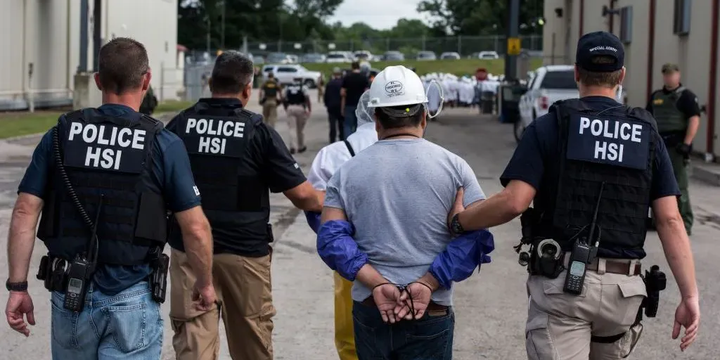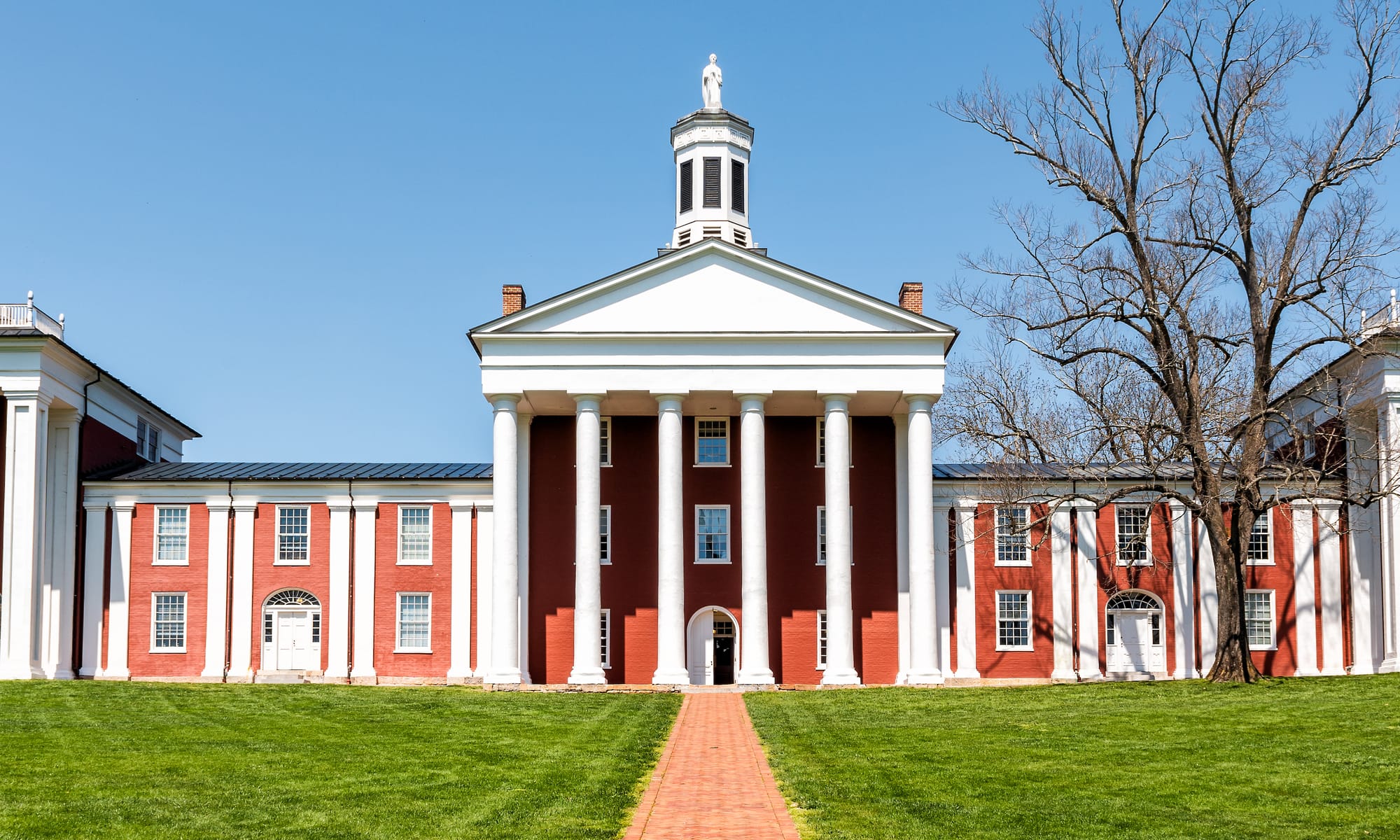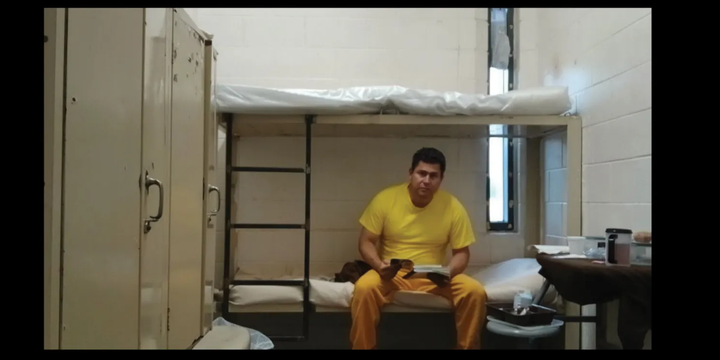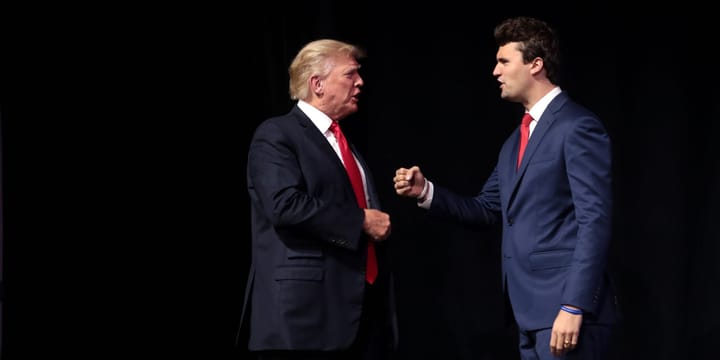Supreme Court oks racial profiling in Los Angeles
The Supreme Court lifts restrictions on LA immigration stops set after agents swept up US citizens. The court’s ruling allows ICE to resume its indiscriminate roundups of LA’s Latino residents.

As reported by the AP, The Supreme Court delivered a devastating blow to civil rights last week, voting 6-3 along party lines to allow Immigration and Customs Enforcement (ICE) to resume what critics call racially discriminatory raids across Los Angeles and surrounding counties.
Add the Fourth Amendment to the bonfire too: unreasonable search and seizure, based solely upojn your appearance or accent.
The case and the controversy
In Noem v. Perdomo, the Court granted an emergency stay request from the Trump administration, halting a federal judge's restraining order that had blocked ICE operations since July. The original injunction prohibited immigration agents from stopping individuals without reasonable suspicion and from relying solely on four factors:
- Apparent race or ethnicity
- Speaking Spanish or English with an accent
- Presence at locations like bus stops, car washes, or agricultural sites
- The type of work a person does
Federal District Court Judge Maame E. Frimpong had found that these raids were part of "a pattern of conduct by the Government that likely violated the Fourth Amendment," with teams of armed and masked agents seizing individuals on sight, often before asking questions.
Government admits to profiling criteria
In a rare moment of transparency, the Trump administration admitted it was racially profiling Latinos and promised to continue doing so if the Supreme Court lifted the injunction.
The Department of Homeland Security celebrated the ruling as "a win for the safety of Californians and the rule of law," stating that DHS would continue operations to "arrest and remove the murderers, rapists, gang members, and other criminal illegal aliens." The Constitution now longer quaslifies as law if they don't likei .
Kavanaugh's troublesome concurrence
Justice Brett Kavanaugh was the only member of the conservative majority to explain his reasoning. He wiote a concurring opinion that civil rights advocates found deeply concerning. Kavanaugh claimed that "about 10 percent of the people in the Los Angeles region are illegally in the United States—meaning about 2 million illegal immigrants out of a total population of 20 million."
The Nation's analysis in their article on the case pointed out the flawed logic: even accepting Kavanaugh's estimates, this would still represent only a minority of the 5 million Latinos living in Los Angeles. Yet his reasoning treats all of them as suspect. Kavanaugh characterized the stops as brief encounters where people can "promptly go free after making clear to the immigration officers that they are U.S. citizens," a description totally divorced from reality.
The dissent fights back
Justice Sonia Sotomayor penned a fierce dissent joined by Justices Kagan and Jackson. Sotomayor wrote that "The Government, and now the concurrence, has all but declared that all Latinos, U.S. citizens or not, who work low wage jobs are fair game to be seized at any time, taken away from work, and held until they provide proof of their legal status to the agents' satisfaction."
She emphasized that the Constitution "prohibits exactly what the Government is attempting to do here: seize individuals based solely on a set of facts that 'describes a very large category of presumably innocent' people."
Community response and ongoing resistance
Civil rights organizations expressed outrage at the decision but vowed to continue fighting. Pablo Alvarado of the National Day Laborer Organizing Network stated, "The court has turned its back on our communities and the Constitution, facilitating the Trump administration's terror campaign against immigrant communities and communities of color."
Pedro Vasquez Perdomo, the named plaintiff whose case brought this issue to light, said:
"When ICE grabbed me, they never showed a warrant or explained why. I was treated like I didn't matter–locked up, cold, hungry, and without a lawyer. Now, the Supreme Court says that's okay? That's not justice. That's racism with a badge."
So, this is where we are
The Supreme Court's order does not halt further proceedings in the case, and federal district court will hear arguments on September 24 regarding whether to issue a preliminary injunction based on additional evidence. However, the 6-3 vote suggests how the conservative majority would rule on the case's merits.
The American Immigration Council warned that this decision "clears the way for the Trump administration to rapidly expand the racially discriminatory ICE practices" and that "these raids are more likely to sweep in US citizens and people with lawful status."
The ruling represents a significant expansion of government authority to conduct immigration enforcement based on racial characteristics, effectively creating what critics describe as a "papers please" regime for anyone who appears Latino in Los Angeles County.
While technically temporary, the decision signals the Court's willingness to prioritize immigration enforcement over Fourth Amendment protections against unreasonable searches and seizures.
The court has said that you can't consider race in college admissions but you can in suspected wrongdoing. This effectively tells us exactly whom they think are Americans.
Non in cautus futuri.



